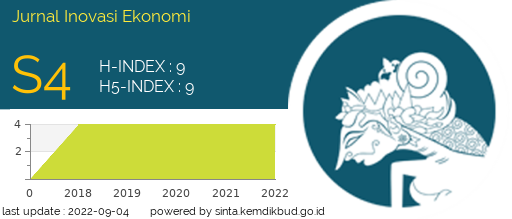Banking credit restructuring policy amid COVID-19 pandemic in Indonesia
DOI:
https://doi.org/10.22219/jiko.v5i02.11790Keywords:
Banking Credit, Restructuring Policy, COVID-19Abstract
In Indonesia, the spread of Coronavirus Disease 2019 (COVID-19) affects economic stability. The problem faced by Indonesia today is that the performance and capacity of debtors in carrying out their credit obligations have been disrupted by the spread of COVID-19, which has the potential to disrupt banking performance in credit management. Encouraging the optimization of the banking intermediary function a policy is needed in tackling the impact of the spread of COVID-19. The research method used is a normative legal research method using secondary data. The results of this study indicate that policy settings in overcoming economic instability due to the spread of COVID-19 are the issuance of policies to provide national economic stimulus through the application of Financial Services Authority Regulation No. 11/POJK.03/2020. This policy regulates the existence of credit restructuring, namely the quality of restructured loans can be determined smoothly if given to debtors identified as being affected by the spread of COVID-19. The implementation of the restructuring scheme can vary and is determined by the policies of each bank depending on the assessment of the debtor's profile and capacity to pay. We emphasize that amid uncertainty, such as the current policy will be truly useful if each party takes the process carefully and responsibly.









